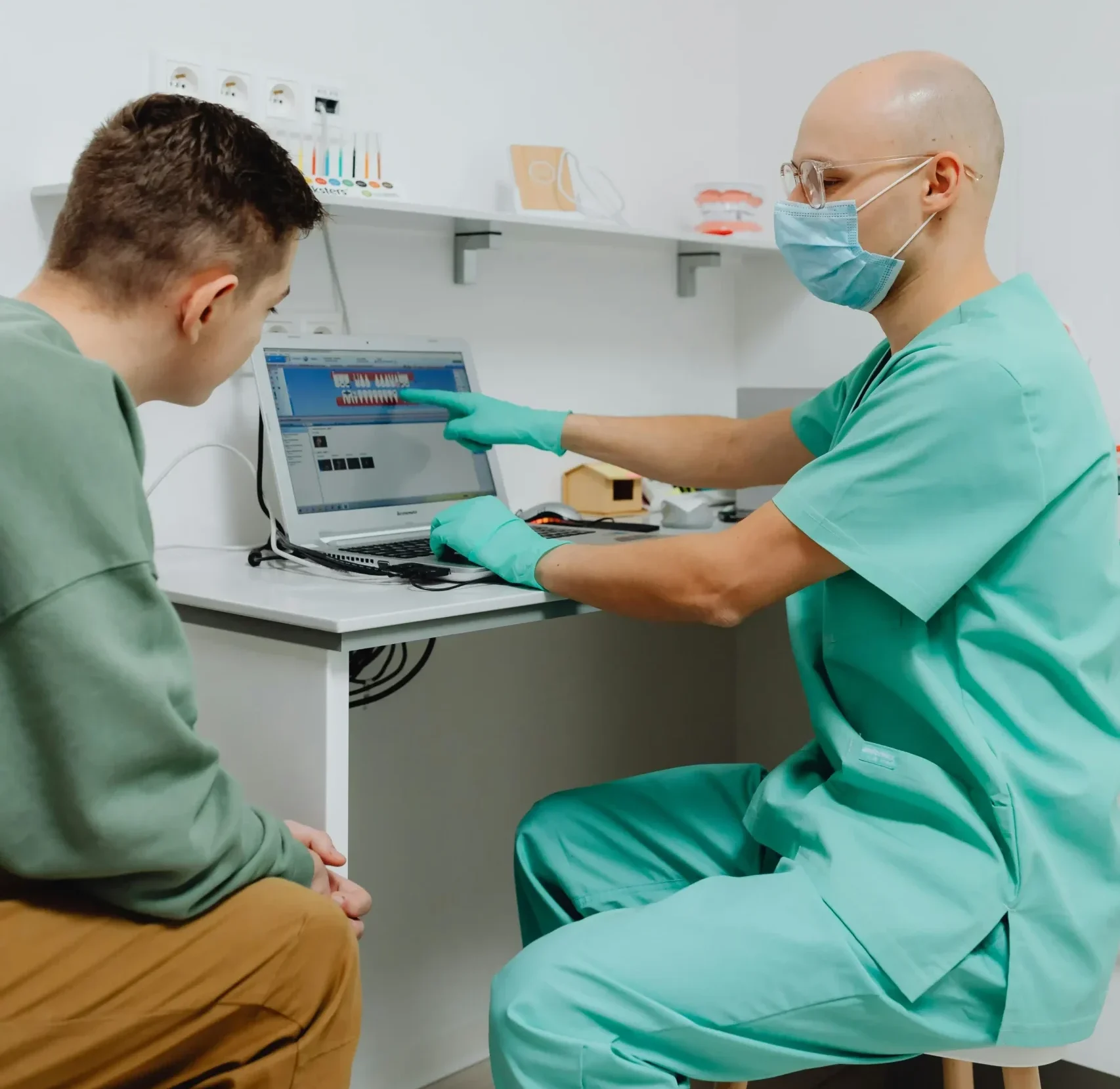The Science of the Treatment
During a TMS therapy session, an electromagnetic coil, comfortably encased in a helmet, is positioned near the patient’s forehead. This coil emits painless magnetic pulses, stimulating specific nerve cells in the brain responsible for mood regulation and, consequently, depression. It can also activate areas of the brain with reduced activity linked to this particular mental health disorder. Your personalized TMS treatment plan, including coil placement and magnetic energy dosage, will be determined after a thorough evaluation by our medical experts.


